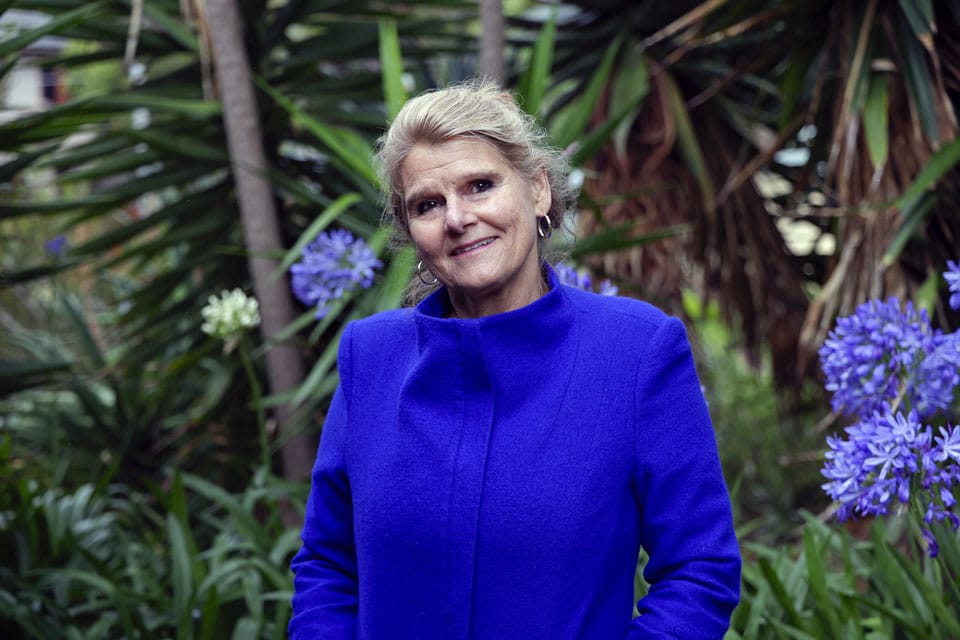R U OK Day: How CEOs Can Build Emotional Resilience in Their Teams

As a CEO, you’re no stranger to the pressure to maintain a high-performance environment. However, emotional resilience is a crucial component of leadership that often gets overlooked when pursuing success. In today’s fast-paced, high-stakes corporate world, ensuring your team is emotionally resilient is just as important as meeting financial targets. It’s time for leaders to rethink what it means to “be okay” in the workplace and how language can shape the emotional culture of their organisations.
For most leaders, “being okay” often implies that everything is under control, productivity is high, and employees are thriving. But in reality, the journey toward success is rarely smooth. By acknowledging that difficult days are inevitable, you can help normalise the idea that it’s okay for your team to experience rough moments without sacrificing their overall well-being
or effectiveness.
This shift in perspective—from constant positivity to realistic resilience—creates a more open and supportive work environment. It sends a clear message: strength isn’t about avoiding challenges but having the tools and support to regain and maintain control. The language used in the boardroom or across the C-suite sets the tone for the rest of the organisation. CEOs and senior leaders can be pivotal in shaping how emotional resilience is understood and communicated within their teams.
Too often, workplace emotions are described in binary terms—things are either “going well” or “going badly.” This oversimplification can make employees feel like admitting struggle is a weakness, which leads to a culture of silence and suppressed feelings. Emotional Resilience (ER) language offers a powerful alternative. By framing experiences as “smooth” or “rough,” leaders can help remove the stigma attached to having a hard day. Employees who might hesitate to say, “I’m struggling,” will feel more comfortable expressing themselves by simply saying, “I’m on a rough road right now.” Being on a rough road is no longer seen as a failure, but a chance to increase driving skills and grow resilience.
This language shift not only makes it easier for teams to communicate but also fosters a culture where emotional honesty is seen as a strength, not a liability. For this cultural shift to take hold, it must start at the top. CEOs and senior leaders should model the language of emotional resilience themselves, showing that they, too, experience challenges and aren’t afraid to talk about them. Being open about your rough days sends a powerful message: it’s not only okay to admit when things are tough. It’s part of being a resilient leader.
This vulnerability doesn’t weaken your authority; it strengthens your leadership by fostering trust and authenticity. When your team sees you practising what you preach, they’re more likely to follow suit, creating a ripple effect throughout the organisation. Incorporating emotional resilience into your leadership strategy isn’t just about creating a kinder work environment but driving long-term performance. Teams that feel emotionally supported are more engaged, creative, and better equipped to handle business’s inevitable ups and downs.
CEOs can create a culture prioritising sustainable success by normalising mental well-being conversations. The result? Reduced burnout, higher retention rates, and a more committed workforce to the company’s mission and personal growth.
“R U OK Day” is an annual reminder for organisations to check in on their people, but for CEOs, this mindset must extend far beyond a single day. Emotional resilience should be woven into the fabric of your leadership style and company culture year-round. Consider integrating emotional resilience into your company’s professional development programs. Workshops on communication, stress management, and emotional intelligence can equip your team with the tools to handle rough patches effectively. In addition, encouraging your HR team to foster open dialogues around mental health and emotional resilience can ensure these practices are adopted company-wide.
In the modern business landscape, emotional resilience isn’t a luxury—it’s a necessity. As CEOs face unprecedented uncertainty, from global economic shifts to rapid technological change, the ability to lead with empathy and emotional intelligence has never been more critical.
By redefining what it means to be “okay” and using language that supports emotional openness, you can position your organisation for long-term success. Resilient teams aren’t just more productive—they’re more loyal, innovative, and better prepared for whatever challenges lie ahead.
As a leader, it’s time to embrace emotional resilience as a tool for managing your workforce and as a core element of your leadership philosophy. The question isn’t just “Are you okay?”—it’s “How can we ensure that no matter what challenges come our way, we’re equipped to handle them with confidence and care?”
This approach doesn’t just build stronger teams—it creates a more resilient, adaptable, and human-centred organisation. Ultimately, that is the kind of leadership that will define the future of business.
Written by Dr. Jane Foster.
Have you read?
The Gentle Art of Conversation Leaders Need to Master.
Why Real Leaders Don’t Need a Title.
To self-reflect or not to self-reflect: How to overcome the complexities of self-awareness.
Tipping the Scaling for Net-Zero Success.
Achieving Leadership Brilliance with Cut, Clarity, Color, and Carat.
Bring the best of the CEOWORLD magazine's global journalism to audiences in the United States and around the world. - Add CEOWORLD magazine to your Google News feed.
Follow CEOWORLD magazine headlines on: Google News, LinkedIn, Twitter, and Facebook.
Copyright 2025 The CEOWORLD magazine. All rights reserved. This material (and any extract from it) must not be copied, redistributed or placed on any website, without CEOWORLD magazine' prior written consent. For media queries, please contact: info@ceoworld.biz








